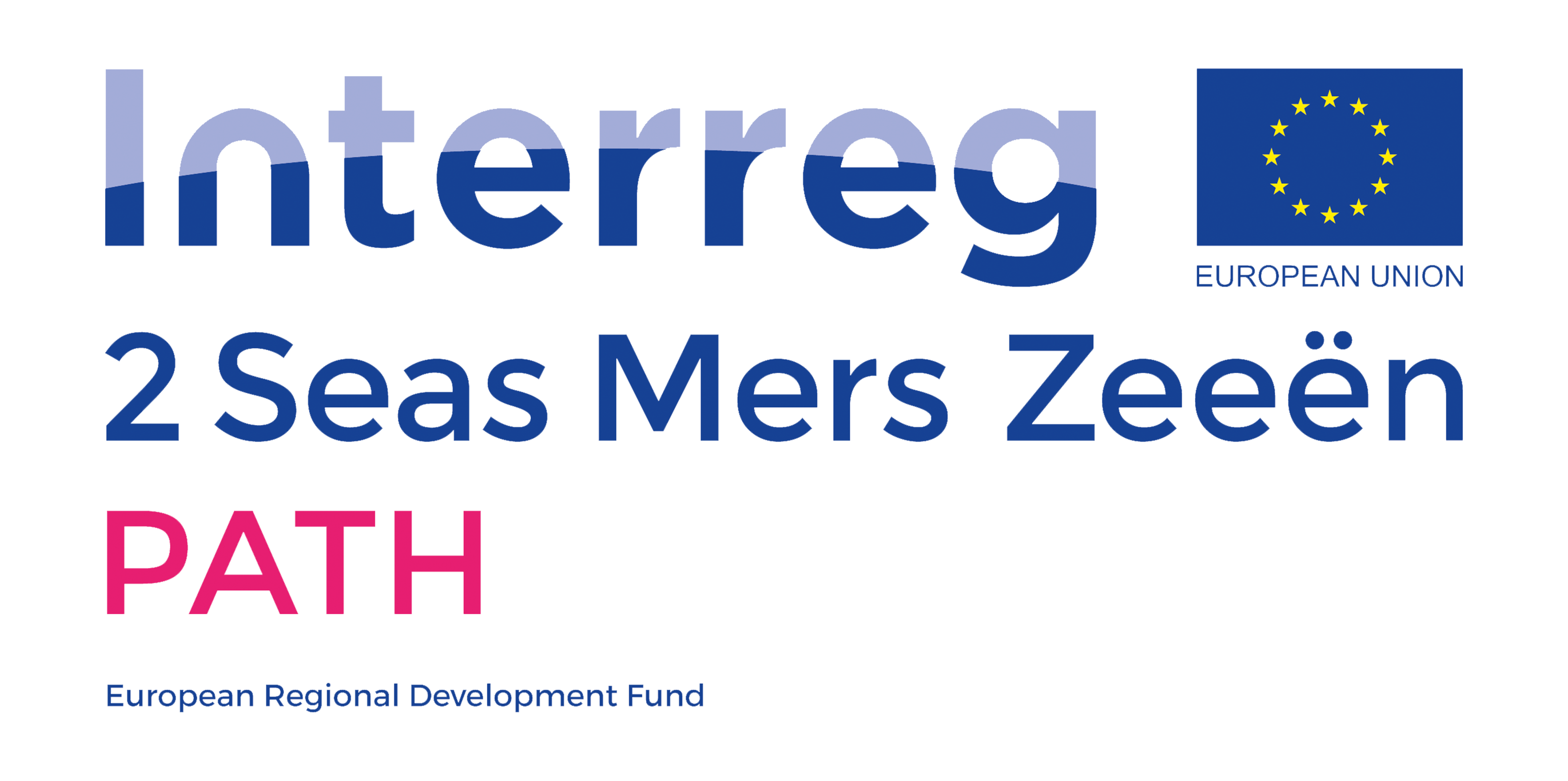
© 2021 Copyright: Bournemouth University
A perinatal mental health problem may be experienced any time from becoming pregnant to a year after giving birth. Having a baby is a significant event in life, and it’s normal to feel a range of emotions. However, when difficult feelings start to cause bigger issues, this could be a perinatal mental health problem. More than 1 in 10 women develop a mental illness during pregnancy or the first year after having a baby. Depression and anxiety are the most common mental health problems in pregnancy, but if left untreated, mental health issues can have significant and long-lasting effects on the woman, the child, and the wider family.
Find out more on our page “What is perinatal mental illness“
The everyday pressures of work may have an impact on perinatal mental health and it’s important for employers to look out for these signs
Being aware of perinatal mental illness and what to look out for is a great start. You can browse our training, information and resources on the PATH website for advice. Take a look at our Parental Workplace Wellbeing Recommendations, and take the first steps towards becoming a PATH Parent-Friendly Employer